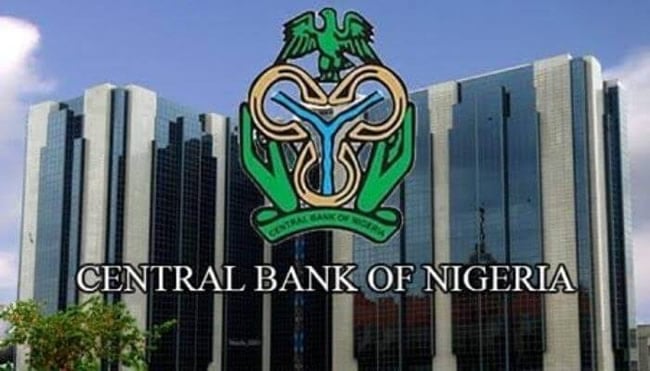ABUJA: A new directive issued by the Central Bank of Nigeria (CBN) on agent banking operations has sparked widespread concern, with industry stakeholders warning that the policy could force about 40 per cent of Point-of-Sale (PoS) operators out of business.
According to the National President of the Association of Mobile Money and Bank Agents of Nigeria (AMMBAN), Fasasi Sharafadeen, the CBN’s new operational guidelines, though aimed at improving oversight and transparency, may cripple small businesses and undermine Nigeria’s financial inclusion goals.
The CBN recently introduced new rules limiting each PoS agent’s daily cumulative transactions to ₦1.2 million. It also mandated that all transactions be conducted through dedicated accounts or wallets operated under a principal financial institution to enhance traceability.
Under the new framework, individual customer transactions are also capped at ₦100,000 daily, and all PoS devices are to be geo-fenced to prevent mobile operations outside approved locations.
Sharafadeen said one of the most troubling aspects of the policy is the exclusivity rule, which restricts agents to operate under only one principal or service provider.
“About 40 per cent of PoS operators will be out of business, he warned. Out of the over three million PoS terminals in the country, around two million are active agents. Most of them depend on multiple service providers to ensure reliability and customer satisfaction. This new rule will destroy that flexibility.”
He explained that PoS agents often use multiple platforms to avoid downtime when one network fails and to take advantage of varying service incentives, such as free transfers or faster withdrawals.
Sharafadeen added that while the CBN may have good intentions to sanitize the sector, it failed to consult operators in the informal economy who bear the brunt of such regulatory changes.
“Agency banking is not dominated by big corporations. It’s powered by small entrepreneurs who fund their own operations. This policy, if not reviewed, will drive many of them out of business,” he stated.
He also criticized the 10-metre geo-fencing requirement for agents, calling it impractical, especially in rural communities where financial access is already limited.
Another major concern among operators is the restriction that stops agents from offering services like account opening and card issuance, which many rely on as additional sources of income.
Most agents earn more from account openings and card services than cash withdrawals, Sharafadeen said. By removing these, the CBN is taking away key income streams.
Fintech experts have also warned that the new exclusivity rule could strengthen the grip of a few dominant players who already control most of the market.
Out of over 200 licensed agent banking providers, the top five reportedly controls more than 70 per cent of all registered agents.
Several PoS operators who spoke to reporters expressed fears that the new policy will drastically reduce their income and limit access to cash for millions of Nigerians.
I sometimes disburse over ₦1.2 million in a day, said Oluwatobi, a Lagos-based operator. This policy doesn’t consider that we buy cash to keep our businesses running. It will definitely reduce my savings.
Another agent, Akiyemi Olabode from Ikeja, described the limit as “unrealistic,” adding that many small-scale operators rely on the business as their main source of income.
Similarly, Grace, another operator, said the regulation would hurt women and market traders who depend on bulk withdrawals. If I can’t meet their demands, they’ll go elsewhere. It’s not fair, she lamented.
Economists have expressed mixed reactions to the new rules.
A former CBN Director, Prof. Akpan Ekpo, said the bank’s intentions might be to reduce cash circulation and enhance financial transparency but urged better monitoring. It’s good to regulate, but implementation is key, he said.
Also, Dr. Olawale Ajayi, Head of Strategy at the Lagos Business School, noted that linking agents’ BVNs and Tax Identification Numbers could strengthen accountability and curb fraud.
However, Boniface Okezie, National Chairman of the Progressive Shareholders Association of Nigeria, accused the apex bank of “regulatory overreach.”
“CBN should stop micromanaging small businesses and focus on fixing the quality of currency in circulation, he said. “They are supposed to guide, not suffocate the economy with excessive control.
The new guidelines, which take effect from April 1, 2026, are part of the CBN’s broader effort to strengthen the integrity of agent banking and promote a secure financial ecosystem. But with mounting backlash from operators and fintechs, calls for a review of the policy are growing louder.



